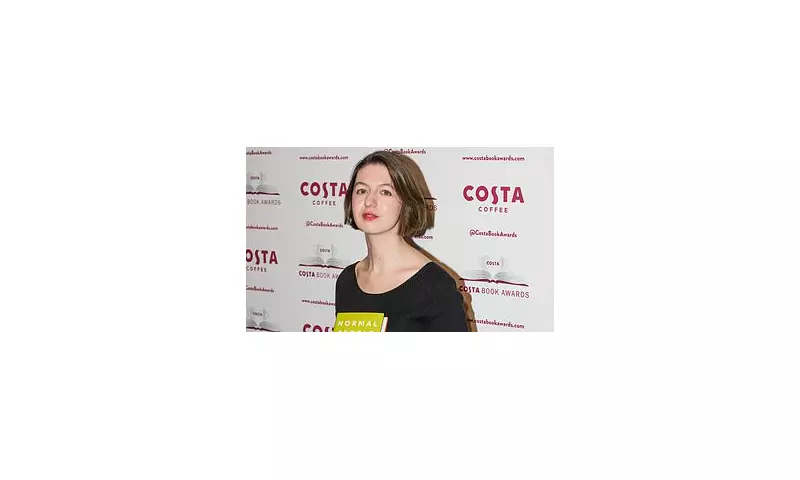
Acclaimed Irish author Sally Rooney, whose novel Normal People became a global phenomenon, has thrown her weight behind the controversial protest group Palestine Action. The move represents a significant cultural endorsement for the organisation known for its direct actions against Israeli defence company Elbit Systems.
The Daily Mail reports that Rooney has formally added her name to the group's list of supporters, joining a growing number of public figures aligning with the movement. Palestine Action has gained notoriety for its targeted protests at Elbit Systems' UK facilities, which have included rooftop occupations, property damage, and demonstrations.
What is Palestine Action?
Palestine Action describes itself as a direct-action network focused on disrupting Elbit Systems' operations in Britain. The group claims the Israeli company supplies military technology used against Palestinians. Their tactics have led to numerous arrests and legal proceedings against activists.
The organisation has targeted multiple Elbit sites across England and Scotland, with activists often employing dramatic methods to draw attention to their cause. Their actions have sparked debate about protest methods and the UK's arms export policies.
Rooney's Political Stance
This isn't Rooney's first foray into political activism. The author previously supported the cultural boycott of Israel in 2021, stating she would not sell translation rights to an Israeli publisher. Her latest endorsement aligns with her consistent criticism of Israeli policies toward Palestinians.
Rooney's involvement brings considerable media attention to Palestine Action, potentially broadening its reach beyond activist circles into mainstream cultural discourse. Her global platform could influence public perception of both the movement and the issues it addresses.
Industry Reactions
The literary world has often debated the role of authors in political movements. Rooney's stance will likely reignite discussions about the intersection of art and activism. While some colleagues may applaud her principled stand, others might question the appropriateness of such endorsements.
Palestine Action has welcomed Rooney's support, seeing it as validation of their methods and mission. The group stated that high-profile endorsements help counter what they describe as biased media coverage of their activities.
As the debate continues, Rooney's involvement ensures that both her literary works and her political positions will remain subjects of public discussion, blurring the lines between artistic creation and social activism in contemporary culture.





